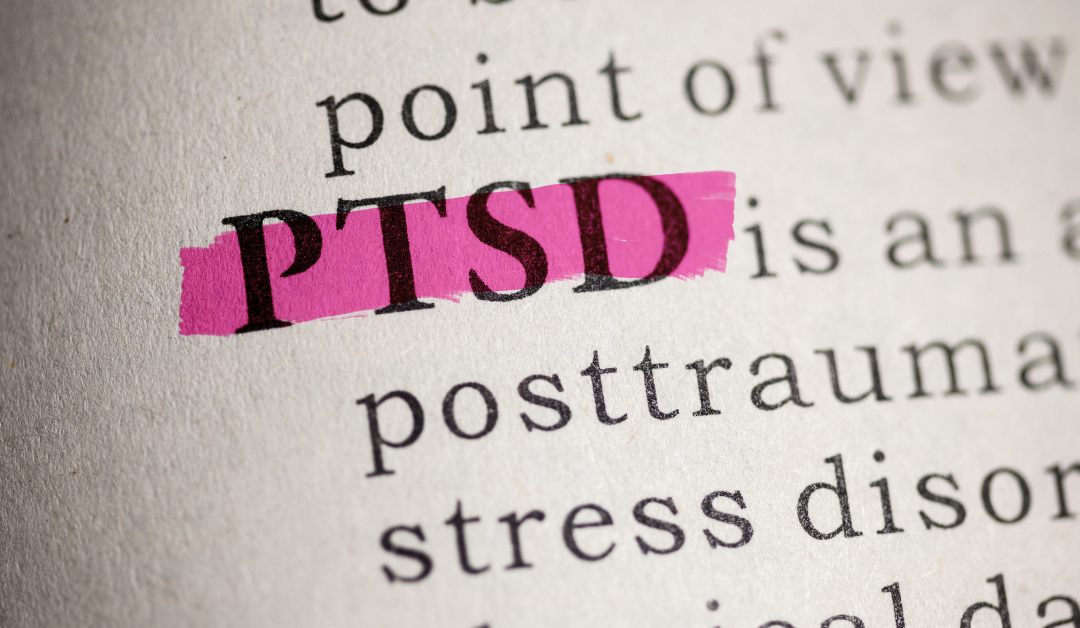Post-traumatic stress disorder (PTSD) is a mental health disorder that can occur after experiencing or witnessing a traumatic event. It can cause symptoms such as flashbacks, nightmares, avoidance behavior, and hyperarousal. Coping with these symptoms can be challenging, but there are strategies that can help.
Here are some tips to cope with PTSD symptoms:
- Seek Professional Help: Seeking professional help is essential for managing PTSD symptoms. A mental health professional can provide support, guidance, and therapy to help you cope with the effects of trauma.
- Practice Self-Care: Self-care involves taking care of your physical, emotional, and mental well-being. This can include things like getting enough sleep, eating a healthy diet, engaging in regular exercise, and engaging in activities that bring you joy.
- Practice Relaxation Techniques: Relaxation techniques such as deep breathing, meditation, and yoga can help reduce stress and anxiety, which can worsen PTSD symptoms. These techniques can help promote a sense of calm and relaxation.
- Build a Support System: Having a strong support system can be helpful in coping with PTSD symptoms. This can include family, friends, or support groups. Talking to others who have experienced similar traumas can provide validation and a sense of community.
- Challenge Negative Thoughts: PTSD can cause negative thoughts and beliefs about oneself and the world. It’s essential to challenge these thoughts and replace them with more positive ones. This can be done through therapy or self-reflection.
- Set Realistic Goals: Setting small, achievable goals can help build a sense of accomplishment and control, which can be helpful in coping with PTSD symptoms. It’s important to be patient and gentle with oneself during the recovery process.
In conclusion, coping with PTSD symptoms can be challenging, but there are strategies that can help. Seeking professional help, practicing self-care and relaxation techniques, building a support system, challenging negative thoughts, and setting realistic goals can all be helpful in managing PTSD symptoms. Remember, recovery is a process, and it’s important to be patient and kind to oneself along the way.

